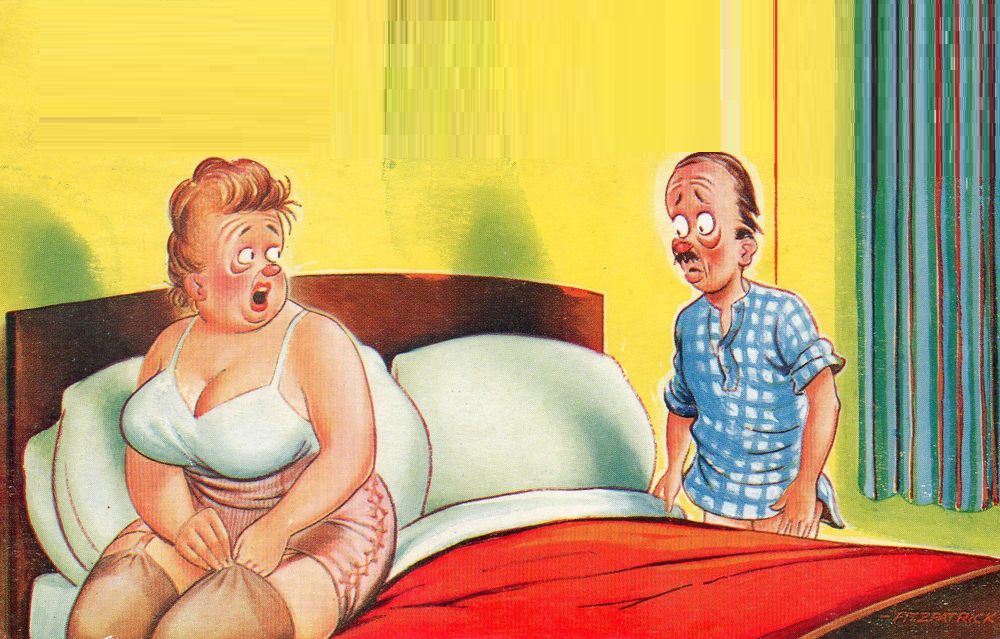There are smells that can be eliminated easily. Full trash cans or the haze of cooked cauliflower are included. However, a permanently stinky apartment can considerably limit the quality of life: one does not dare to invite visitors, the stuffiness gets stuck in hair and clothes.
Since the handle is close to room sprays and essential oils. But beware! Because unpleasant exhalations are in some cases a warning sign that indicates harmful substances. It is therefore important that you first of all determine the cause of the stench before you artificially drowned.
Household appliances
Technical home appliances are popular targets for continuous low. Not every source of odor is recognizable at first glance. If the grease filter resinified, circulating air extractors can spread a rancid Mief. Also, the dishwasher is sometimes the source of stench when running continuously in economy mode. At 30 ° C, the dishes are usually clean, but germs do not bother. The same applies to the washing machine: This should also run once a month in the cooking cycle. It is essential that the container and rubber seals of the machine are cleaned of dust and detergent residues. Vinegar cleaner is best suited for this. Once the foul odor has settled in the machine, you can add citric acid to the wash cycle.
If a musty stench emanates from a freshly cleaned refrigerator, then the problem could be concealed on its backside. Occasionally dirt accumulates in the condensate bowl, which starts too modern. Unfortunately, this is not easily accessible on any device.
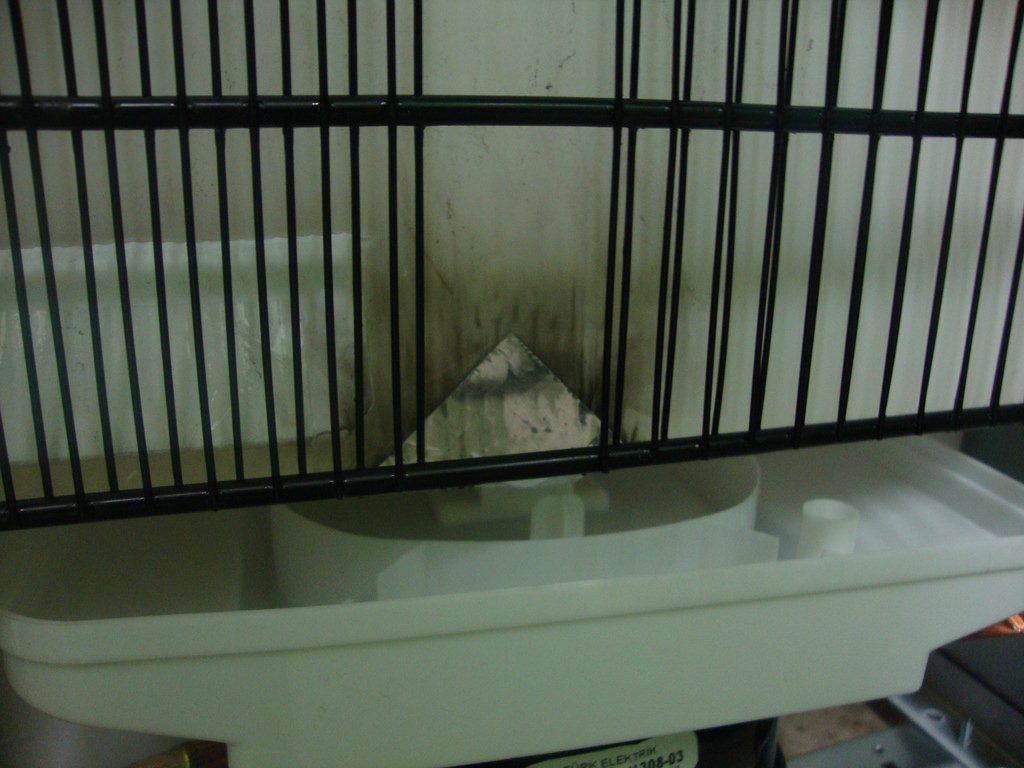
Outflows
Smells your home, as if a sewage treatment plant is stationed in the neighborhood, the evildoers are not uncommon deposits in the drainpipe. Hair, leftovers and a mixture of grease and cleaning agents release foul gases. If the stench bursts, this could be a sign of leaky or missing caps. If the odor nuisance increases steadily, the drainpipe could be blocked.
Home remedy for clogged drains, there are many: baking soda, washing soda, salt or hot soapy water help to eliminate the source of odor sustainable. A recipe for an effective pipe cleaner from budgetary funds can be found here .
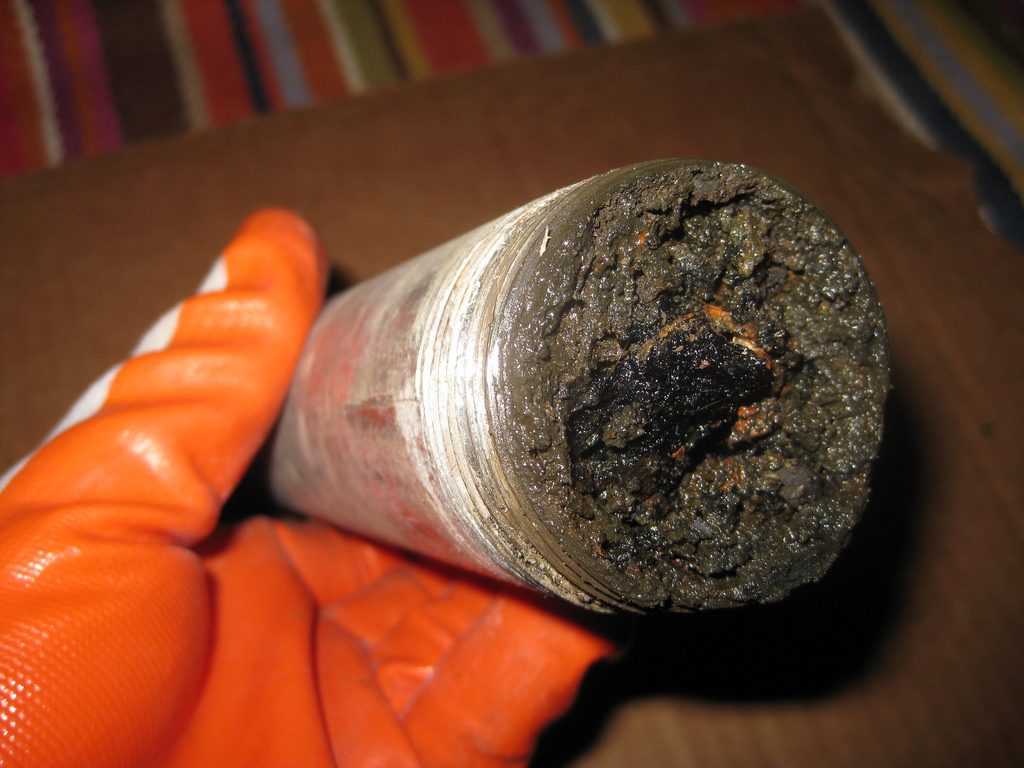
Floors
Inconspicuously they lie at our feet and yet have a significant influence on the entire room climate: floor coverings. Parquet from the 60s was glued with tar glue and spreads today a musty smell. But even newer floors can give quite unappetizing exhalations. Softeners, formaldehyde and solvents are now being used to a lesser extent, but they are still abundant in vinyl, carpet, laminate and engineered flooring.
Incidentally, the note “tested for harmful substances” by no means indicates that the material is free from harmful substances. Wool carpets, for example, need to be treated with synthetic insecticides, and even low-odor floor coverings can give off a repellent puddle if they react with the wrong glue.
In particular, with carpets, one should also insure whether a moldy underside is not the cause of the stench. Only one thing helps here: get out of here!
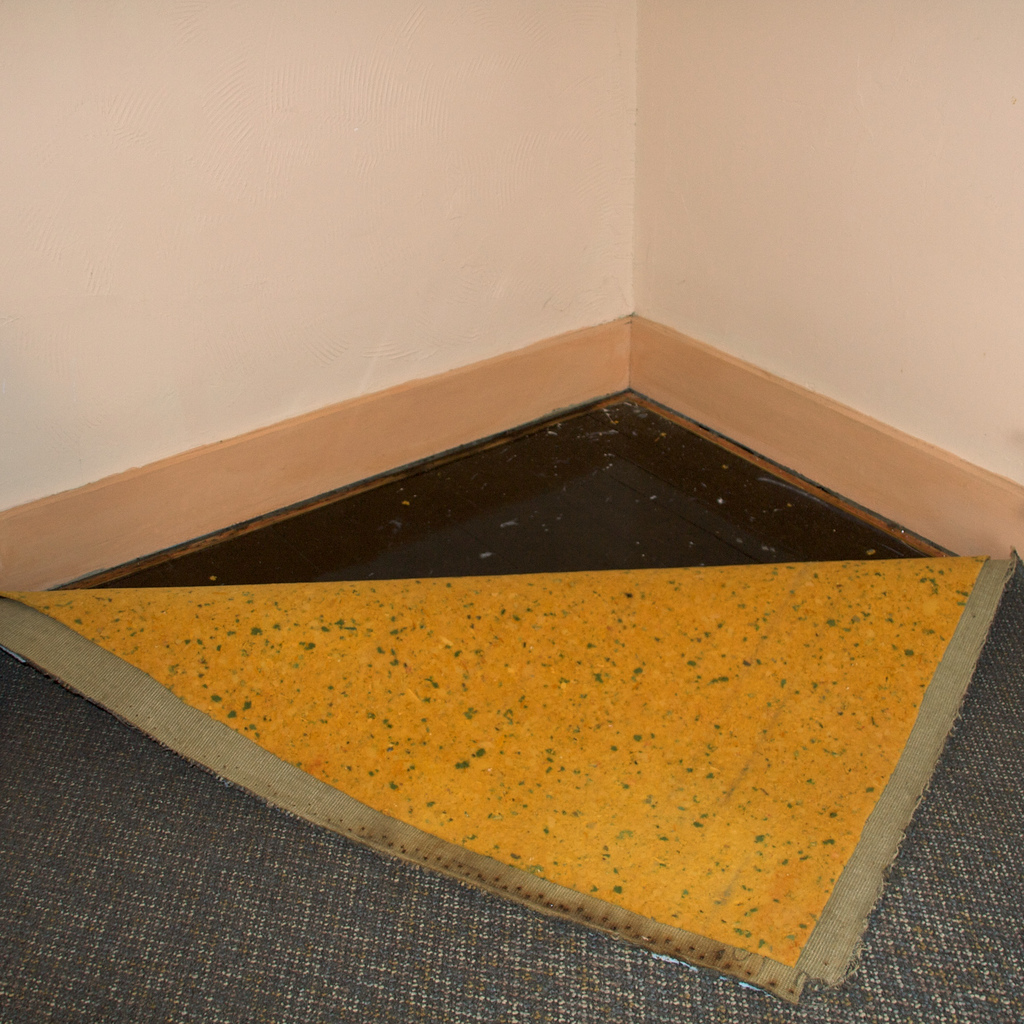
Furniture
Everyone knows it: In the furniture store you could hardly wait to put the new piece into the apartment, where it now pests the air with its pungent smell. It can take up to three weeks for the haze to evaporate from wood preservatives, formaldehyde and paints. Especially children should not spend hours in the room during this time. In order to be able to ventilate extensively, it is advisable to buy furniture in the summer; moreover, biting stench is usually a sign of inferior quality. To dampen the smell, wipe the furniture several times with vinegar water, which binds the gases. However, if the stench lasts longer, this is a cause for complaint: in addition to headaches, irritated eyes and tiredness, furniture fumes can cause allergies. Formaldehyde is considered carcinogenic.
In old furniture, the problem is usually moisture that has penetrated the wood or the upholstery. Cigarette smoke or cooking residues also get stuck deep in the tissue. Wood furniture is best disinfected with vinegar and then left to dry thoroughly in the sun and dry. In the case of the sofa and armchair, baking soda helps: sprinkle the white powder over the cushion and work it in with a mist-dampened brush; let it work overnight and then vacuum it off. Since baking soda not only has a disinfecting, but also a bleaching effect, it should be tested in an inconspicuous place beforehand.
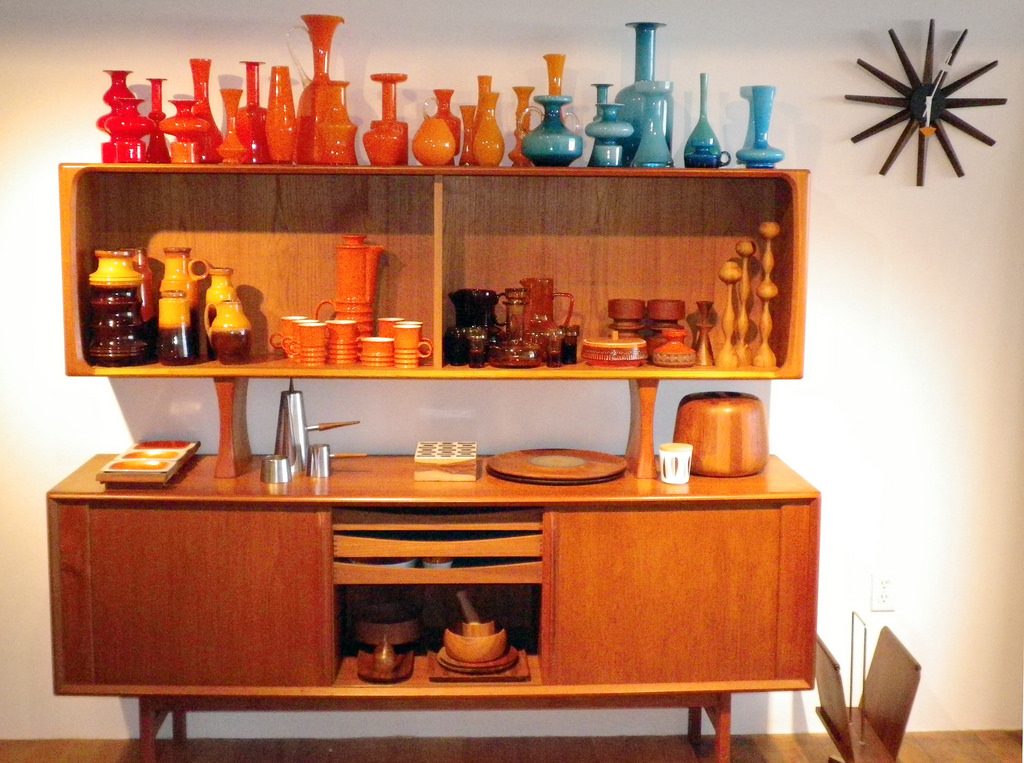
Walls
Prefabricated houses from the 70s, the Mief is deep in the walls. The reason for this is the wood preservatives that were used at the time and which thinned out over time. Not infrequently, the smelly wall of the room but a signal for mold, which hides behind the thick wallpaper layer. Earthy-smelling walls can also indicate a water damage in the walls. Either way, an appraiser should examine the wall. With his gauges, he can determine cause and load exactly without immediately tearing open the masonry.
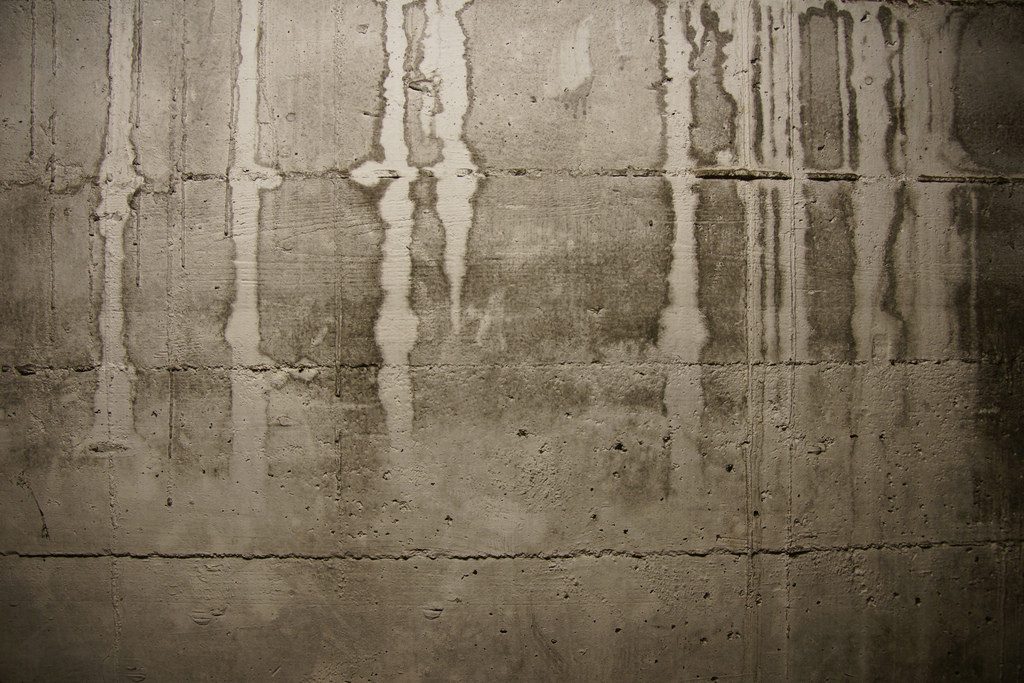
Animals
There are pets that you love. However, there are also pets that are undesirable. Rats and mice, for example. They not only transmit diseases, they also stink enormously. Urine and feces of the small rodents can be found in hidden cavities, in pipe shafts or in the attic. The only home remedy that has been shown to fight mice and rats effectively is a cat. In a rat plague, however, a specialist should ran. In addition, you should search the whole house for any damage to the wall, leaky openings or unglazed basement windows. Food leftovers in the drain or on the compost are taboo.

If you are unable to determine the origin of the flatmouth with your eyes and nose, but you suspect a certain item or material, then the heating knit will help you: Move the object close to the current heating; the heat should increase the stench. Alternatively, you can place material samples on the heater in a screw jar and open after a while. If you recognize the smell again, you have found the culprit.
Once the cause of the stuffiness has been found, the odor removal takes place. Incidentally, the Federal Environmental Agency urges caution with regard to room sprays and chemical air fresheners, as the long-term effects of many fragrances on health have not yet been sufficiently researched. Instead, take a look at the kitchen shelf: a small bowl of coffee powder binds and neutralizes odors. A bowl of boiled vinegar water even expels cigarette smoke. If you throw orange peel after cooking on the hot stove, the kitchen smells fresh again.





